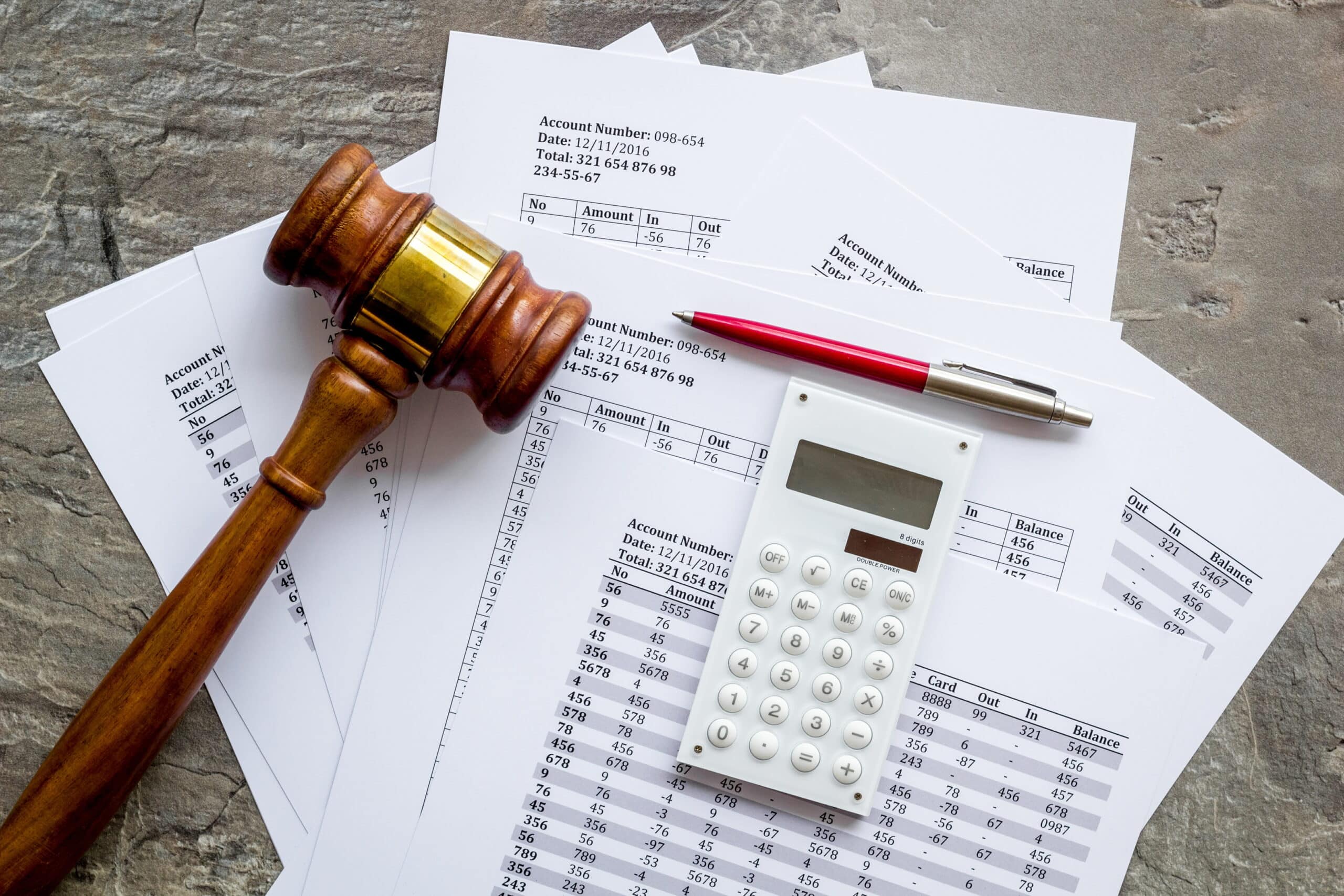Chapter 7 VS Chapter 13 Bankruptcy

Imagine one of the following scenarios:
- You went “a little crazy” with your holiday shopping and find yourself in a mountain of credit card debt.
- You got hit with an overwhelming amount of medical expenses and can’t keep up.
- Times are tough and everything going on around you is making it tough to keep up with the mortgage and/or car payment.
All of those scenarios and more would make bankruptcy a plausible option for you. But what type of bankruptcy is right for you? Here is a brief overview of the two most common types; Chapter 7 and Chapter 13. (Please know that these are just brief overviews and should not be viewed as legal advice.)
CHAPTER 7
A Chapter 7 bankruptcy is a liquidation. We like to think of it like “ripping off a band aid.” The process is relatively short (typically less than a year) and usually much cheaper than a Chapter 13. It will wipe away most unsecured debts (credit cards and medical debts mostly) and will put an end to creditor harassment. The downside to Chapter 7 is that there are income limitations to file and someone may make too much money or have too many assets to qualify. Also, if a debtor is behind on their house or their car at the time of filing, they will likely lose that item and a Chapter 13 would be a better plan if they want to keep that house or car.
CHAPTER 13
A Chapter 13 is a repayment plan. Depending on a debtor’s situation it will take 3 to 5 years to complete the process and during that time, the debtor will be subject to a lot of restrictions. The upside is that there are no restrictions and anyone can be into a Chapter 13 bankruptcy. Also, if you are behind on a house or car that you want to keep, you will be allowed to catch up and keep those items as long as you make your plan payments.
The above was only an introduction to the consumer bankruptcy process. There are a lot of factors to consider and if bankruptcy sounds like the right option for you, you should seek the advice of a bankruptcy attorney.
